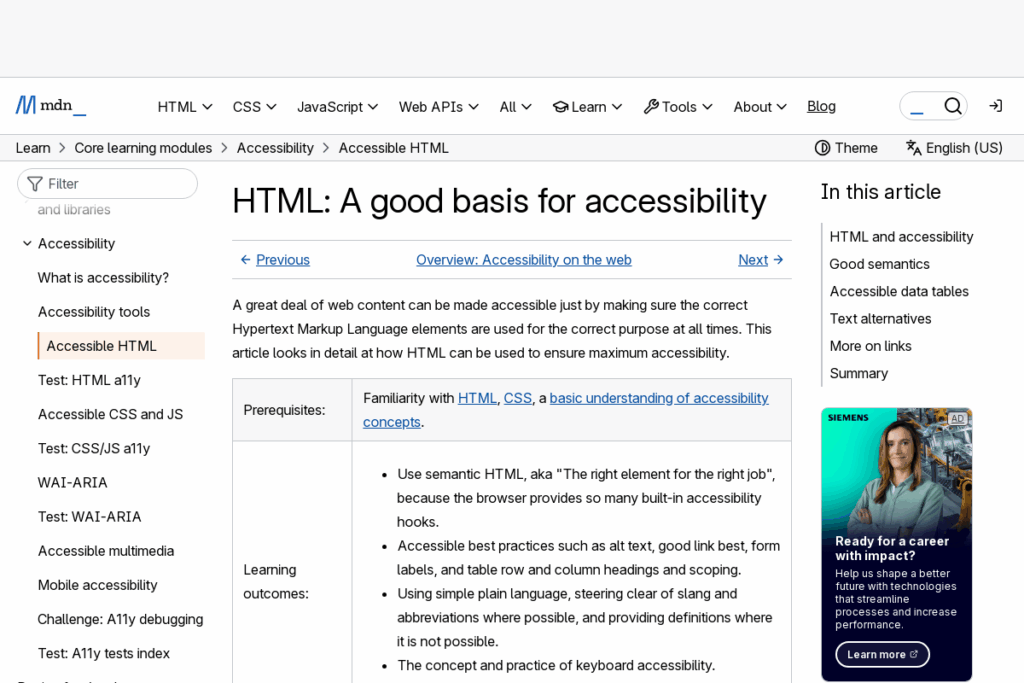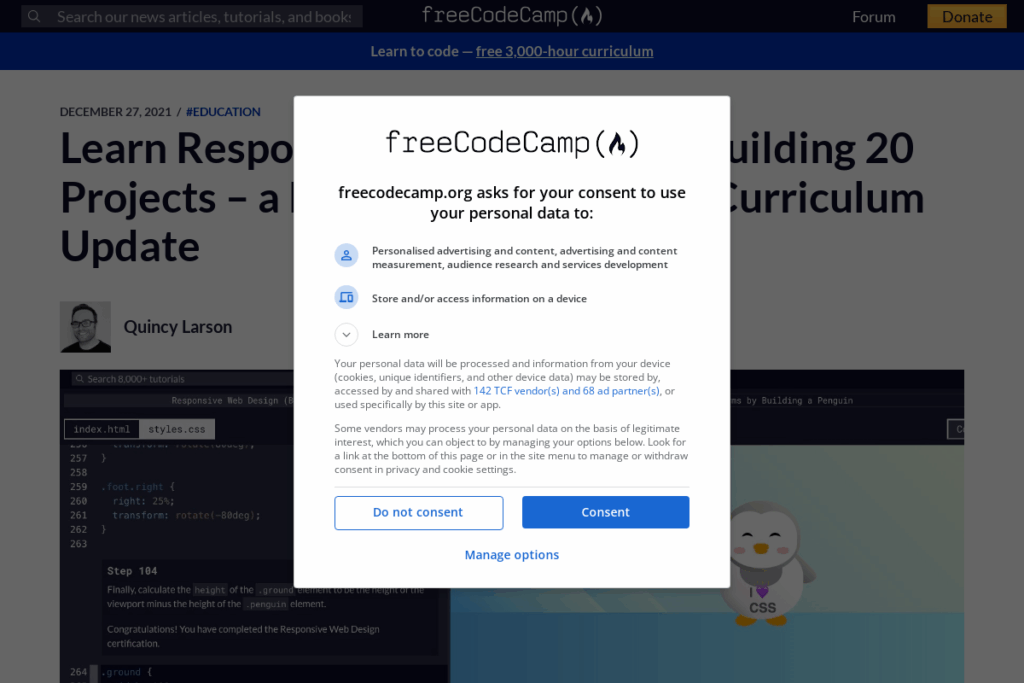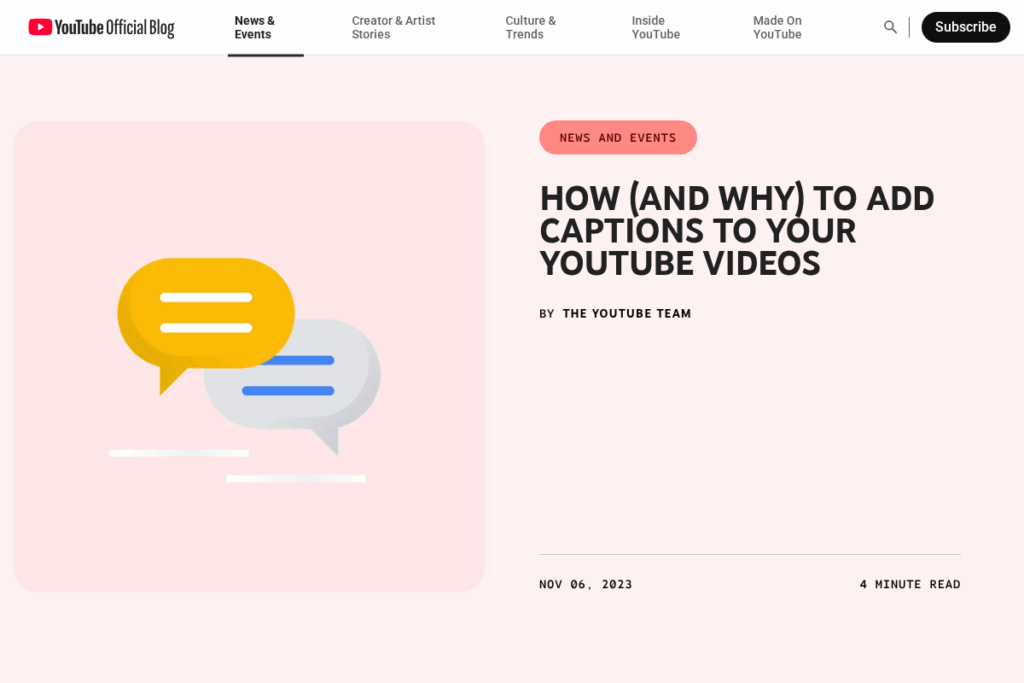I am all in on building money freedom with work that fits real life. You can move toward your goals without giving up the small joys. I did it by turning a creative side project into real online income, then into a full time business. If you are neurodivergent and want options that respect your focus, energy, and need for control over your environment, these five ideas can help you earn on your terms.
1) Freelance proofreading and content editing

Detail focus can be a superpower. Proofreading pays for that care, and you set quiet work blocks that suit your routine. Start with simple gigs, then move to niche work like tech or academic editing. Use the Editorial Freelancers Association rates to sense market ranges and to quote with confidence. Sharpen your process with the clear checklists in Purdue OWL proofreading tips so you deliver consistent results even on low energy days.
Pitch blogs and newsletter creators, or offer a retainer to podcasters who need show notes edited each week. If you also enjoy drafting posts, this guide to paid online writing jobs can help you add companion services and lift your average invoice. Keep a simple portfolio in a shared folder, track turnarounds, and raise rates as clients renew. Your attention buys trust, and trust builds recurring income.
2) No code web design for local businesses

If you like visual systems and step by step builds, website work can click. Begin with a simple stack and a repeatable layout. Tutorials at freeCodeCamp responsive design show how to structure pages that look good on every screen. Bake in inclusive basics from day one with MDN accessibility guidance so clients can reach more customers and you avoid rework.
Offer a tidy package for service pros like dog walkers, cleaners, or tutors. Your deliverables can include a one page site, a booking link, and a checklist for updates. Add a simple blog to each site and explain how lifestyle blogs earn with ads, affiliates, or digital products, then charge a monthly care plan to keep things current. Repeatable systems reduce decision fatigue and turn one client into a set of predictable steps you can run again and again.
3) Transcription and captioning services

Clear listening and pattern spotting translate into accurate transcripts and captions. Many creators want accessible video, and they value fast, consistent help. Show the business case with the YouTube team guide to captions so clients see why they should pay for quality. For a practical how to flow, the RNID steps for YouTube subtitles walk through options you can manage from a laptop.
Build a menu that includes raw transcripts, polished transcripts with speaker tags, and caption files ready to upload. Price by minute of audio with a rush fee for tight turnarounds. Create a calm prep ritual that suits you, like noise control and a warm up pass before final edits. Consistent formatting, fast communication, and a simple delivery folder will make you the easy choice for repeat work.
4) Spreadsheet wrangler and data automation

If you enjoy logic puzzles, small businesses need your brain on their messy sheets. Start with cleanup tasks and simple dashboards. You can learn repeatable transformations in the Microsoft Learn module on Power Query and then pitch a monthly refresh package. Many owners only need a fixed report each week, which is perfect for structured routines.
As you grow, offer automation in Google Sheets with practical tutorials from Ben Collins on Apps Script. Sell a discovery session, then deliver a template and a short video that shows the workflow. Your edge is reliability and clarity. Document steps, label tabs, and set a calendar reminder for each refresh. This keeps cognitive load low and turns one win into a library of reusable assets you can adapt for the next client.

5) Accessibility testing and user research participation
Many teams pay for real feedback on how their sites work for different brains and bodies. Start by learning core principles from the W3C overview of WCAG and practice with a checklist you can run in a short session. Offer quick audits for freelancers and small shops, then add screen reader passes or color contrast checks as add ons. You can also apply for paid studies and moderated tests to earn from home while building skill.
If a project shifts into part time employment, remember your rights under the ADA. The EEOC guide to employment rights explains reasonable accommodation and how to request it. Keep your workflow sensory friendly, use scripts for interviews, and block recovery time after deep focus. Your lived experience is valuable insight, and clients will pay for it.
Choose one idea that feels light, ship a tiny offer, and iterate. Money grows fastest when your work matches your mind and your energy. Build with care, keep your routines flexible, and let the wins compound.

